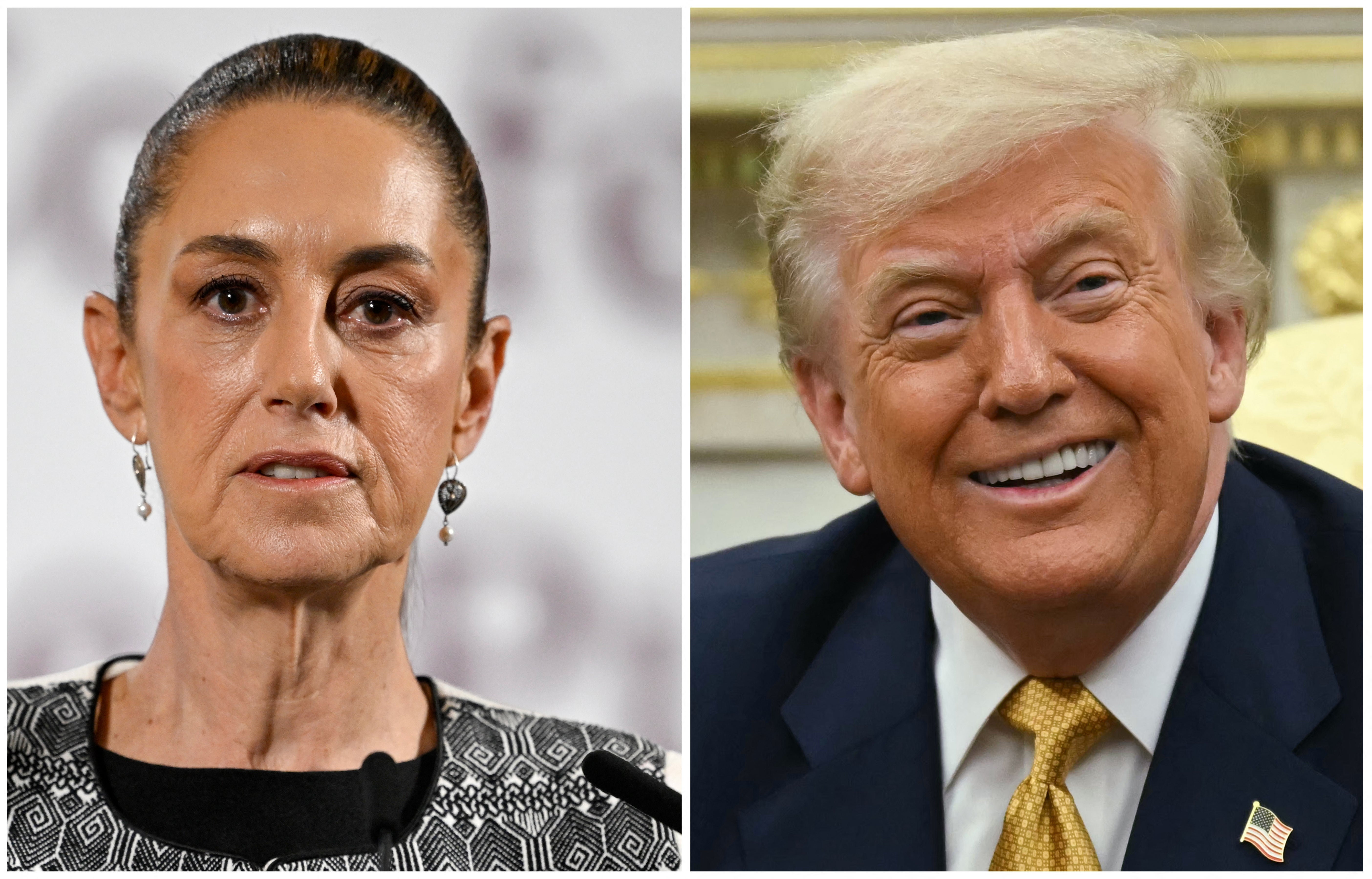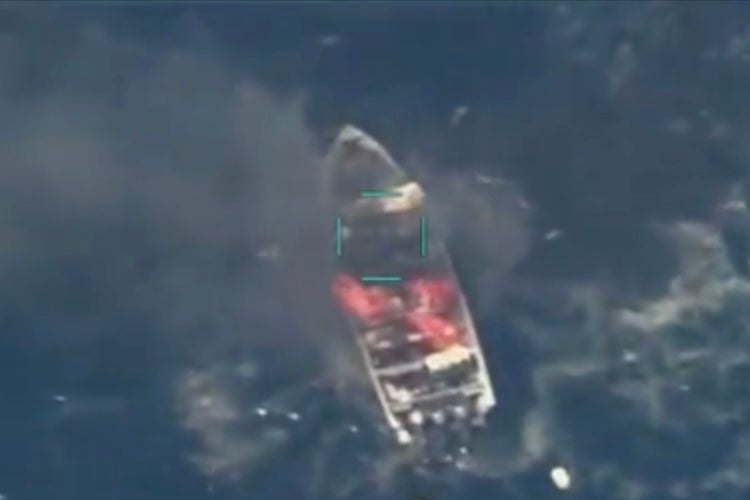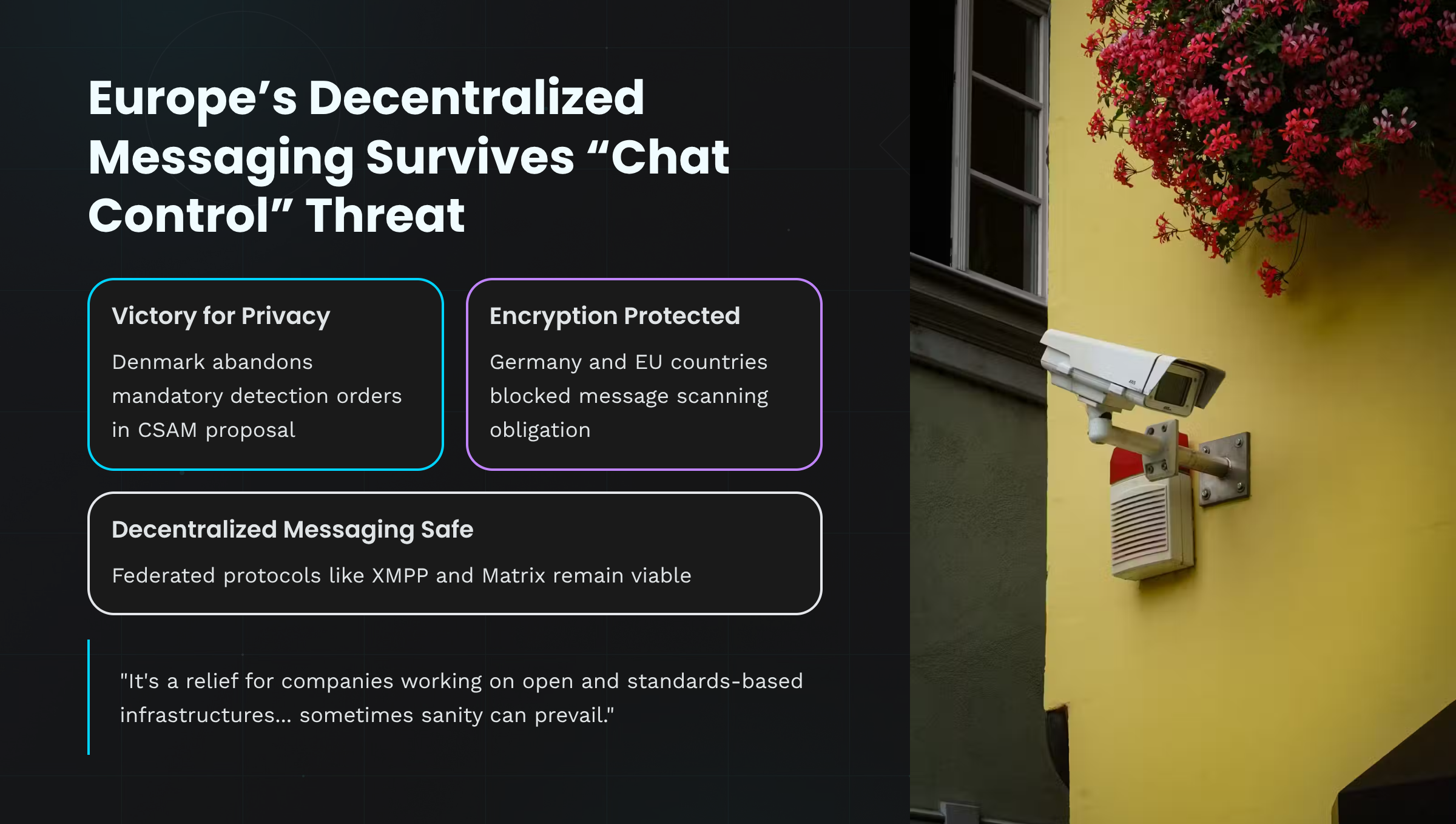The Trump administration has started planning for on-the-ground military and intelligence operations on Mexican soil to pursue drug cartels as part of what President Donald Trump has described as an “armed conflict” with narcotics trafficking organizations.
Personnel who would be involved in the operations from the Pentagon’s Joint Special Operations Command and the Central Intelligence Agency are already in “the early stages of training” for the missions, which two current U.S. officials described as not imminent, NBC News reported Monday.
Trump has designated the drug cartels as foreign terrorist organizations.
The officials also said there are ongoing discussions within the administration on the size and scope of the missions, and no final decision has been made as to whether to authorize any of the planned operations, but if they get a green light, the JSOC personnel would operate under Title 50 of the United States Code, which provides a legal framework for covert intelligence operations.
If authorized, the planned missions would represent a significant escalation in Trump’s ongoing series of attacks against he has claimed to be drug cartel operations, which include at least 15 strikes against alleged drug smuggling boats in the Caribbean and western Pacific Ocean.

In September, the administration declared that the United States is formally engaged in an “armed conflict” with drug cartels that the president has labeled “unlawful combatants,” according to a notice to members of Congress.
The notice claimed cartels are “non-state armed groups” whose actions “constitute an armed attack against the United States” and are now engaged in a “non-international armed conflict” — or war with a non-state actor.
Asked last month why he won’t seek permission from Congress for his military campaign taking aim at South American regimes he claims are fueling a drug epidemic in the United States, Trump said his government is “just going to kill people” instead.
“I don’t think we're going to necessarily ask for a declaration of war. I think we’re just going to kill people that are bringing drugs into our country, OK? We’re going to kill them,” Trump said during a White House roundtable with administration officials.
“They’re going to be, like, dead, OK,” he said.

The planned strikes would also mark a sea change in how the United States and Mexico handle operations against narcotics trafficking organizations.
In the past, the U.S. has quietly deployed active-duty military, law enforcement and intelligence personnel to support Mexican law enforcement and military efforts but those deployments haven’t included direct action against the cartels.
But if authorized, these missions would include American personnel conducting drone strikes against suspected drug labs and cartel figures, officials said.
The strikes would not be publicized in the same way the White House and Pentagon have done for the attacks on suspected drug running boats, which have attracted condemnation from both foreign governments and members of Congress, who have argued that the Trump administration’s air campaign against alleged smugglers amounts to illegal extrajudicial killings.
But even without the publicity that has become a hallmark of Trump’s second term, the covert actions could complicate Trump’s relationship with the Mexican government and Mexican president Claudio Sheinbaum.
In August, Sheinbaum told reporters at a press conference that her government would not permit American military personnel to unilaterally take action on Mexican soil.
“The United States is not going to come to Mexico with their military — we cooperate, we collaborate, but there will be no invasion. It’s off the table, absolutely off the table,” she said.
Asked to comment on the reporting by NBC News, a senior administration official told the network that the administration is “committed to utilizing an all-of-government approach to address the threats cartels pose to American citizens.”
.png)



